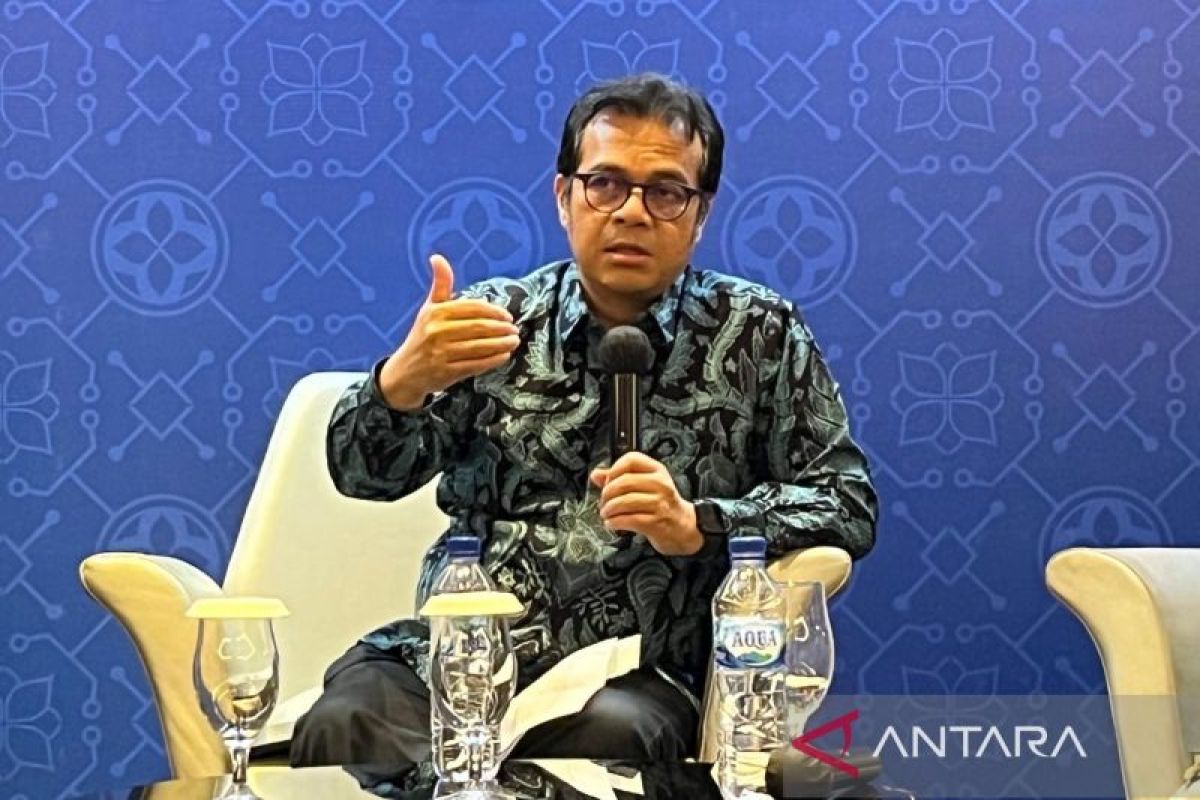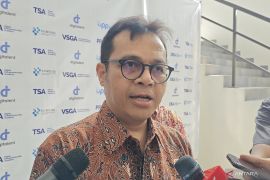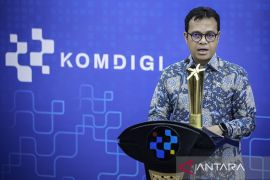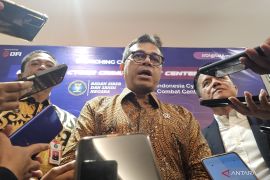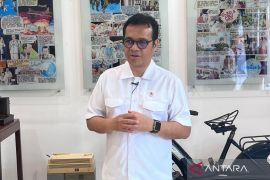According to his statement released on Tuesday, Patria observed that the media industry, as part of the broadcasting industry, has been empowering plenty of women. However, there is still a lack of women occupying higher positions in the industry, he pointed out.
"A kind of affirmative policy is needed," he emphasized.
He noted that women account for 49 percent of workers in broadcast production, adding that most of them tend to fail to reach the top level in their careers in the industry.
He remarked that married women in the industry tend to take a break for various purposes, including caring for their children, thereby slowing down their career progress in the process.
Bearing that in mind, he emphasized the importance of devising affirmative policies to resolve the issue in the hopes of paving the way for a better level of equality and diversity in the broadcasting industry.
Such policies are expected to benefit both female and male workers, he said.
The deputy minister then cited as an example the implementation of affirmative policies in developed countries.
In developed nations, maternity leave is not only granted to female workers but also male workers who need to accompany their spouses during and after pregnancy, he noted.
"Hence, a six-month maternity leave granted can be evenly used by the husband and the wife, so each of them can have a three-month leave. Developed countries have started implementing such a practice," he said.
He elaborated on the importance of affirmative policies, saying that they are of the essence to facilitate and encourage women to pursue a career to the top.
Affirmative policies can also be instrumental for preparing Indonesia to welcome and optimize the demographic bonus projected for 2030, he said.
Based on data from Statistics Indonesia (BPS), during the 2030-2045 period, people in the productive age bracket of between 17 and 45 years will account for 60 percent of Indonesia's total population.
"We need to respond to that demographic advantage," Patria said.
Related news: Need more women in decision-making positions: Minister Puspayoga
Related news: Gender inequality in Central Java decreases in 2022: BPS
Translator: Livia Kristianti, Tegar Nurfitra
Editor: Tia Mutiasari
Copyright © ANTARA 2023
